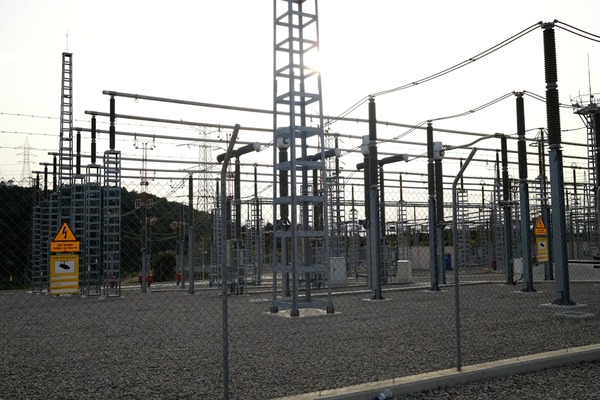The Asian Development Bank (ADB) has signed a memorandum of understanding (MoU) with the Asian Infrastructure Investment Bank (AIIB) and the energy ministries of Azerbaijan, Kazakhstan, and Uzbekistan. The agreement supports a feasibility study for the Caspian Green Energy Corridor Project.
According to ADB, the MoU forms a base for cooperation. It focuses on building institutional and legal systems that allow the countries involved to trade electricity across borders.
The Caspian Green Energy Corridor aims to connect renewable energy sources in Central Asia and the Caspian region. It plans to link electricity grids between Azerbaijan, Kazakhstan, and Uzbekistan. The project will help send green electricity from Central Asia to Europe through the Black Sea. It is part of the CAREC (Central Asia Regional Economic Cooperation) Program.
CAREC includes countries like Afghanistan, China, Georgia, Kyrgyz Republic, Mongolia, Pakistan, Tajikistan, Turkmenistan, and Uzbekistan. The project seeks to support renewable electricity trade in this region.
Apart from this, several lesser-known renewable energy projects are progressing in Central Asia. In Uzbekistan, a 100-kilowatt (kW) solar power system has been installed on the roof of a university in Tashkent. It supplies energy to the building and helps test solar integration for educational facilities.
In Kazakhstan, a local agricultural cooperative has started using a small-scale biogas plant with a 50-kW capacity. It uses farm waste to generate power for irrigation pumps and storage facilities. In the Kyrgyz Republic, a micro-hydropower plant of 500 kW has been operating in the Osh region. It provides electricity to about 200 nearby households. The plant is run by a community-based energy group and works off-grid.
Turkmenistan is testing a pilot wind-solar hybrid system in the Balkan region. The system, with 300 kW solar and 100 kW wind capacity, powers a remote weather station and small telecom unit.

